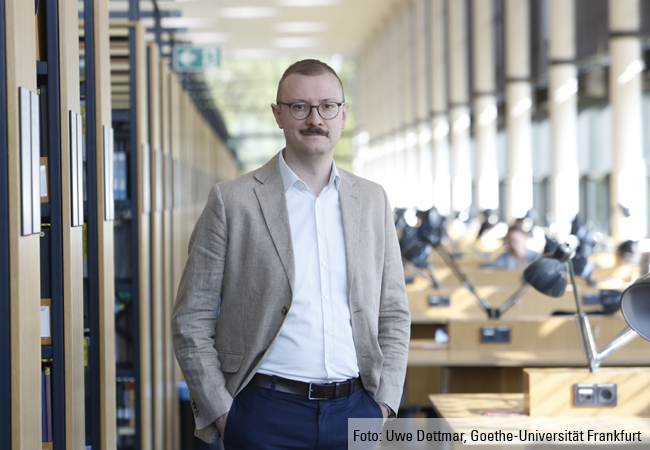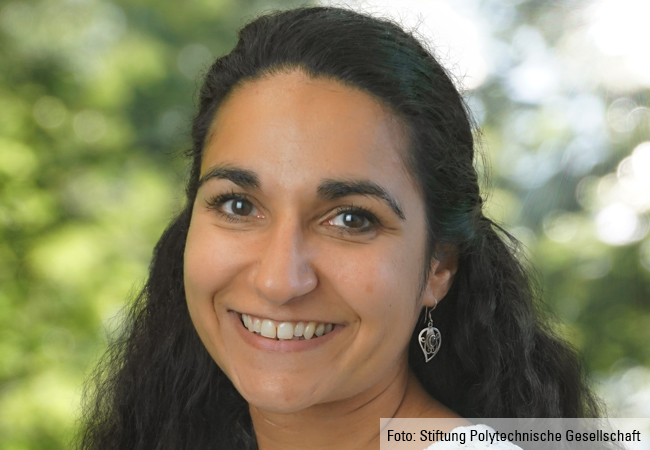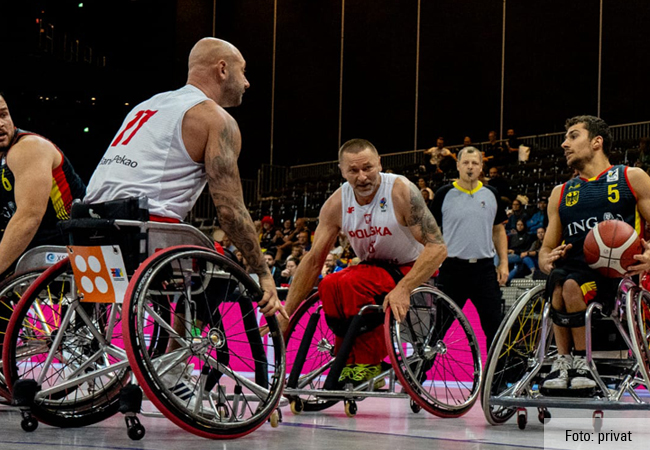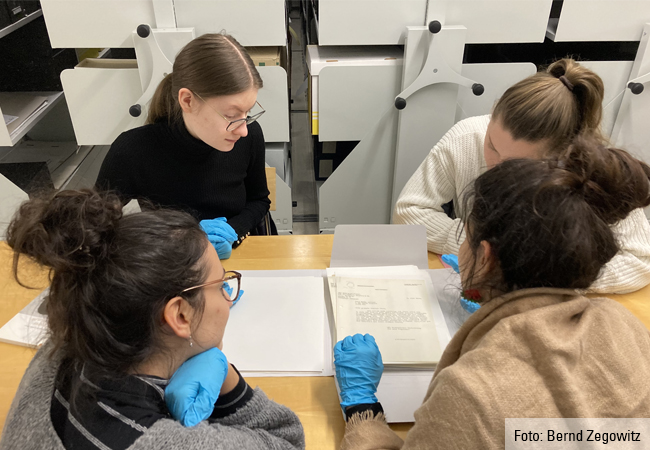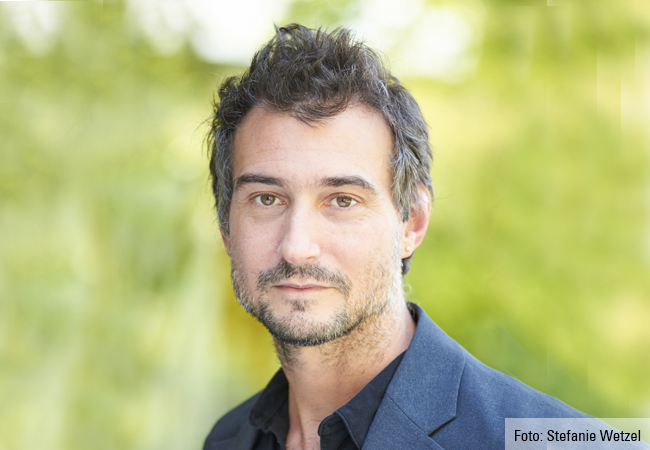Sport sociologist Robert Gugutzer researches the atmosphere at public screenings. He and his students will attend and investigate matches in the upcoming UEFA European Championship with the aim of producing a small study at the end of their seminar.
UniReport: Professor Gugutzer, for a long time Germans had very low expectations of the EURO 2024, held “at home”. Recent friendly matches, including the one against France, have brought about some change in the mood. In terms of public interest in a major sporting event: Is it possible to compare EURO 2024 with those of previous years?
Robert Gugutzer: The team’s most recent successes have indeed generated a sense of optimism, especially compared to the widespread gloom that prevailed just one year ago. Back then, there was very little enthusiasm for hosting EURO 2024 here in Germany. However, people’s disinterest quickly evaporated, and they began looking forward to the tournament. We know that when large sporting events like these are held in one’s own country, this definitely creates a completely different mood than if tournaments are held elsewhere. People are not as enthusiastic about matches that take place in politically problematic countries, as was most recently the case, or those held at inconvenient times of the day or night. After all, we use the term “public screening” to refer to sporting events that are televised in public places. In a way, a World Cup or European Championship held in one’s own country is a prerequisite for a special mood to develop in the first place. Of course, the fact that the home team stands a good chance of success also plays a role.
This summer semester you are offering a seminar on “The atmosphere in sport”, as part of which you and your students will also conduct a brief study on “The atmosphere at public screenings”. Can you explain the scientific interest in public screenings?
From a sociological viewpoint, the interesting thing about public screenings is that many people, some of whom have no interest in soccer at all, get together in an urban setting to share an atmospheric communal experience. In sociological terms, what we are talking about is the collective atmosphere at a meaningful social event, which, strictly speaking, is not just a sporting event. People take part in order to experience a special mood. As a sport sociologist, I was surprised to discover how little research has so far been conducted into this subject. This gap applies not only to public screenings, but also more generally to atmospheres at such events. Such atmospheres can be observed both on the microsocial level, for example in a team, and on the macrosocial level, i.e. across the whole country. We all still remember the 2006 World Cup in Germany, which many observers said generated a very special atmosphere across the country. So atmospheres are social phenomena and are thus of sociological interest. I suggested the topic to my students, and they were immediately on board – probably because most of them are familiar with the special feeling you get in a stadium. And the approaching EURO 2024 tipped the balance.
You just said one doesn’t have to be a “regular” soccer fan to enjoy a public screening. We often hear that this is precisely what annoys fans who engage with the sports both more regularly and intensively.
Yes, not only dyed-in-the-wool soccer fans come together at the public screenings of a European or World Championship. Germany’s soccer culture is first and foremost a club culture for fans, many of whom are mostly interested only in their own club rather than the national team. While it’s true we now have a fan club for the German national team, its fan significance pales in comparison to that of the local clubs. So what we find at public screenings is gatherings of soccer fans of various clubs, which ideally fuse into a type of national fan culture, alongside people who normally have little or no interest in soccer. Since soccer plays such an important role in our society, it’s practically impossible to ignore. As a result, many people may develop an incidental and more superficial interest in what’s going on. This is typical of the age we live in, which is characterized by an eventization of sport, and of soccer in particular. Like at any other public festival, various elements accompany a public screening, including a certain type of clothing or costumes, music, food and drinks, as well as rituals like those familiar from the Oktoberfest. Thirty years ago, sociologist Gerhard Schulze coined the term “experience society” in referring to people’s desire to go beyond living their everyday lives and experience [“er-leben”] both something and themselves. This works very well in a group. Those not so interested in the sports attend public screenings because they want to have a great time with friends who are soccer fans. From a social perspective, it’s extremely important that such possibilities of harmless extraordinary communitization exist. After all, sports isn’t about anything grand or really important. As sociologists, we can only welcome a community formed on this basis. That being said, of course this sort of event, where the main focus can drift away from the matches, may sometimes be difficult for soccer experts, who find themselves having to listen to people who have no idea but still engage in non-stop commentary – something I myself am all too familiar with (laughs).
What methods will you use, and how will you and the students analyze the events?
Atmospheres are best investigated with an ethnographic approach, i.e. using participatory observation. Researchers go to the venue and observe both themselves and their surroundings. That might sound simple, but many students are initially overwhelmed at the task. This is true of most ethnographic projects, where researchers see themselves confronted with a huge number and wide array of different impressions, making it difficult to determine which aspects are relevant and what has to be documented. We will of course prepare these steps in detail in the seminar, including by developing categories to assess what could be relevant to the formation and development of a collective atmosphere. The first aspect to be considered here is the physical setting: a location next to the River Main where matches are shown on a large screen placed in the water is completely different than a public screening in Frankfurt’s downtown “Roßmarkt” square. Is the space indoors or outside, is it within the city or outside it? Are people standing or sitting, how are they dressed, and what objects have they brought along? Are they equipped with horns or other instruments, is the space full or empty, is it raining or is it unbearably hot? Is the event taking place during daylight or after dark? Incidentally, light has a huge influence on the atmosphere. How does the match progress? In addition, we will also be conducting interviews on site. We’re still considering whether to attend matches where the German team will be playing or those where it isn’t – something that naturally also influences our own mood and ability to observe. The soccer biography of the ethnographic researcher also plays a key role. Does an affiliation with soccer and participation at such an event have a certain tradition at the individual level, and, if so, what effect does this historical background have? Atmospheres are social phenomena that, depending on the setting, the situation, and of course oneself, are perceived in a tangible way. Phenomenologically speaking, this is an intermediate phenomenon located between the subject and the object. We’ll therefore address both objective conditions and subjective aspects (i.e. expectations, anticipation, worries, etc.), using participatory observations and qualitative interviews.
So ideally, you’ll have a study ready at the end of the semester?
Yes. Our basic assumption is that people go to the public screenings because they want to experience something – and that something is a great atmosphere. What remains unclear is whether this atmosphere will actually arise and how. There is, after all, no guarantee that it will. We want to examine what it takes for a special public screening atmosphere to emerge and how it evolves during the course of the match. One factor that definitely has an effect is the current score, leading to the question of when a mood changes. In an ideal scenario, we will be able to establish a typology of public screening atmospheres. We plan to split up into several small groups, each of which will have a separate location to make its observations. Some will conduct interviews with people attending the screenings, whereas others will primarily observe themselves, and still others will focus on observing the surroundings. I’m very confident that we will come out with some interesting findings. As mentioned, little research has so far been conducted in this field, which means that our work will definitely deliver more insights.
One final question: What are your personal expectations of the German team?
I also find myself in the slightly optimistic mood I mentioned before, although I don’t think it will be plain sailing. The German team should be able to get through the preliminary matches – although that assumption was also true of previous tournaments. I think the team can get as far as the semi-final – that would be a successful result. But I don’t see them becoming the new European Champions.
Questions: Dirk Frank


